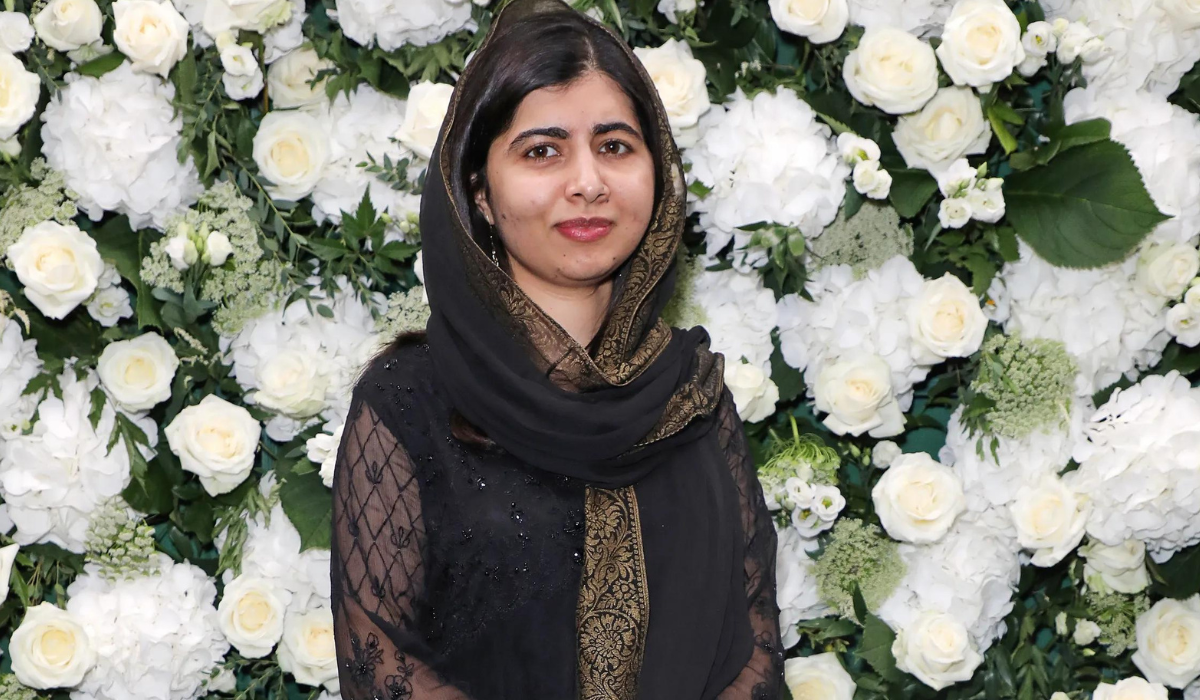
In a recent interview with Muslim Girl, Malala Yousafzai provided an insightful view into her thought process behind elements such as faith, education, and current crises, among other things. Talking about global priorities in terms of causes, Malala shared, "With so many crises impacting our world — war, climate change, poverty, discrimination — it can be difficult to know where to lend support. But for me, education will always be a priority because I know it has the potential to drive progress on all fronts."
Shedding light on the work her foundation has done, she stated, "I am so proud of the work that Malala Fund has done in the last decade to support local education activists who are leading projects and campaigns to help more girls complete 12 years of school. We trust that they know what works best for their communities and learn so much from their innovative solutions."
Malala also spoke about the 2023 Oscar-nominated documentary Stranger at the Gate, for which she was an executive producer. She revealed, "I remember I was in my living room watching it on my laptop together with my husband, and I was completely moved and inspired by the story. It is really difficult to address issues like extremism and violence because, oftentimes, the reason behind the violence and the extremism is the dehumanisation of a certain individual, a group of people, a religious group, or an ethnic group. But, at the same time, when we connect with people, we see them in person or through our TV screens, we realise that they are just like us."
Talking about the Israeli apartheid ongoing in Palestine, Malala continued, "I think this understanding can help us build compassion when it comes to some of today’s biggest crises, like the tragedy of what’s happening in Gaza right now. One of the things that has become visible to me is how readily the media, and many leaders, have dehumanised Palestinians or reduced them to statistics, which makes it easier for some to look away from the atrocities escalating every day. I have tried to use my social media platforms, and particularly my Instagram stories, in recent months to draw attention to and centre the perspectives of the remarkable people – especially children – in Gaza who are living through this horror every day. I especially admire women like Plestia and Bisan – the brave young people who are documenting this crisis in real-time on social media and doing so much to humanise the plight of the individuals and heroes around them."
Opening up on faith, the youngest Nobel Prize laureate said, "I grew up in a Muslim country and a Muslim family, committed to the teachings of Islam, so faith has always been a big part of my life — and it continues to be so today." She furthered, "When I think about how my faith plays a role in my advocacy, two things stand out. First, is the consistent message of avoiding harmful acts, and of being honest, just, and truthful in how we treat others. I started learning the Quran with translation at around age 10 and remember that it had these powerful messages about doing good and being a virtuous person. They made a big impression on me then and have stayed with me ever since."
Additionally, she voiced, "The second thing, which drives some of my activism, is to make sure that we do not allow others to misuse religion to do harm. We see in Afghanistan how the Taliban is exploiting a twisted interpretation of Islam to enforce its gender apartheid regime. My faith guides me to know that it is wrong to deliberately and systematically oppress girls and women — not letting them get a haircut, see a doctor, or go for a walk in the park. Afghanistan is not the only Muslim country in the world, but it is the only country in the world that stops girls from going to school. What I know, as a practising Muslim, is that education is in fact compulsory in Islam. Islam says that you cannot stay ignorant, that you have to go and seek knowledge — no matter how hard it is, or how far you have to travel."
Shedding light on balancing work and personal life, Malala remarked, "Sometimes the work we do as advocates can feel really heavy and really personal. I always make sure that I find time to relax, which often includes sending memes or reels to my friends, or reading — I love reading. And I’m now trying a few different sports, like badminton, pickleball and golf. I am actually getting pretty good at golf but I have to admit that I’m not a very humble winner — my poor husband has to accept me as champion. I love cricket, of course, but I am really bad at it so I just stick to watching."
Revealing her aspirations for gender equality, Malala vocalised, "One thing that we are working very hard on at the moment is to make sure the international community has the legal means to hold the Taliban to account for their barbaric treatment of girls and women by codifying gender apartheid as a crime against humanity."
She added, "We need all governments to take a stand and recognise what’s happening in Afghanistan, and Afghan girls and women deserve to know that world leaders have their backs. My hope is that ultimately, this helps to build international pressure on the Taliban and gets Afghan girls back into school where they can learn and fulfil their potential."
In terms of her evolution, Malala offered, "Perhaps the most obvious answers are that I finished high school and graduated from university, travelled to more than 30 countries, got married, and started Malala Fund...I was just 11 years old when extremists took control of our town in Swat Valley and said girls could no longer go to school. So my activism was driven mainly by my determination to complete my own education and get a chance to live out my dreams. I wanted that for my friends too, which was why I started to speak out. Like most young girls I was full of passion, ambition and energy." She added, "I think the biggest difference between Malala then and Malala now is that I am more of a believer in the power of collective action."
Sharing the best advice she's received, Malala revealed, "More than ten years ago following my attack, I remember my dad saying to me that activism is not about you, it is about others. I really liked that sentiment, and it’s something I’ve always kept in mind as I have continued my work. And thankfully, when you are surrounded by girls and advocates with such strong convictions, you feel reinvigorated to carry on the fight for a world where every girl can learn and lead."
Have something to add? Share it in the comments
1725967717-0/Untitled-design-(3)1725967717-0-405x300.webp)

1725275251-0/Untitled-design-(3)1725275251-0-165x106.webp)
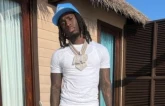
1720097164-0/BeFunky-collage-(9)1720097164-0-165x106.webp)
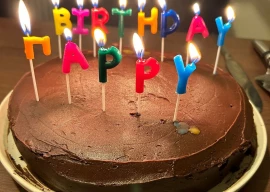
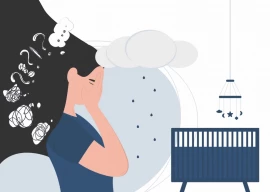
1729930993-0/WhatsApp-Image-2024-10-26-at-08-52-06-(2)1729930993-0-270x192.webp)
1729844217-0/WhatsApp-Image-2024-10-17-at-11-58-38-(1)1729844217-0-270x192.webp)
-(1)1729665498-0/Copy-of-Untitled-(51)-(1)1729665498-0-270x192.webp)
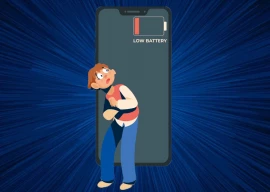






COMMENTS
Comments are moderated and generally will be posted if they are on-topic and not abusive.
For more information, please see our Comments FAQ